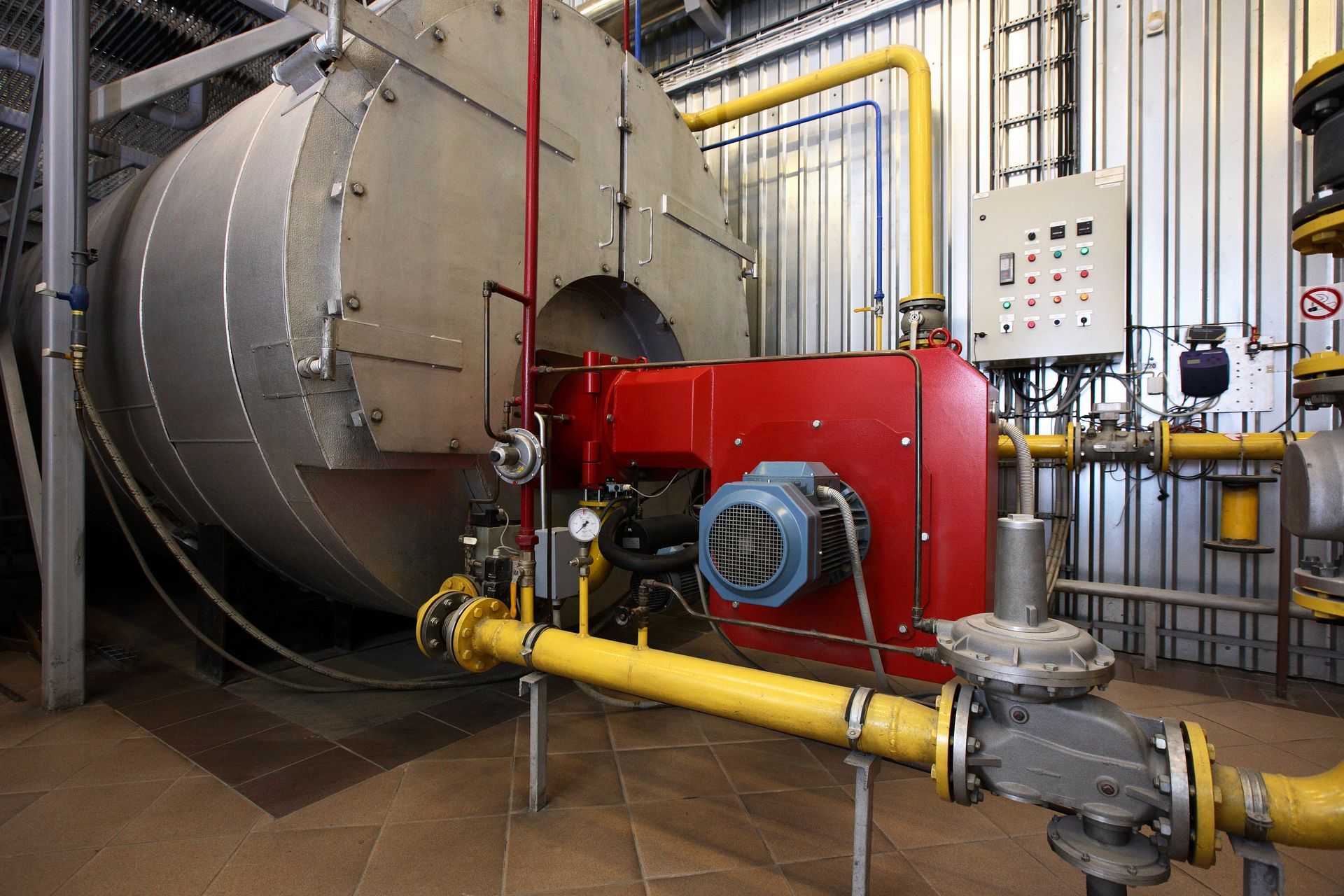Boiler Inspections
Boilers are an essential part of many New York City buildings. But just like any other equipment, they need regular checks. Our team makes sure your boiler meets city regulations and runs efficiently.
Annual inspection reports must be filed with the City for H-stamped and E-stamped boilers.
Who's Required to Comply?
- Residential buildings with six or more families
- Commercial and mixed-use buildings, regardless of boiler BTU capacity
- Any residential buildings classified as Single Room Occupancy (SRO) dwellings
What is Required for NYC Boiler Inspections?
Here's an outline of the requirements for boiler inspections in NYC, based on the NYC Department of Buildings regulations:
Types of Boilers that Require Inspection
- Low-Pressure Boilers: These operate at a pressure of not more than 15 psi for steam and are used primarily for heating and hot water supply.
- High-Pressure Boilers: These operate at pressures greater than 15 psi for steam. They are mainly found in commercial establishments.
Annual Inspection Requirements
- Low-Pressure Boilers: Must undergo an annual inspection by either the building owner or a third-party inspection agency.
- High-Pressure Boilers: Require inspection every year, which must be conducted by the Department of Buildings or an authorized insurance company.
Boiler Inspection Cycle
- The NYC boiler inspection cycle runs from January 1st to December 31st every year.
Inspection Report Submission
- Inspection reports for both low and high-pressure boilers must be filed with the Department of Buildings. The deadline for submitting the annual boiler inspection report is 45 days from the inspection date.
Defect Corrections
- If defects are found during the inspection, owners are given a specified amount of time to make corrections, depending on the type and severity of the defect.
Certificate of Operation
- After the Department of Buildings has reviewed and approved the inspection report for high-pressure boilers, a Certificate of Operation is issued. This certificate is valid for one year and must be renewed annually.
Violations and Penalties
- Failure to file an inspection report can result in penalties. If a violation is issued, building owners have to address the cited condition and provide proof of correction to the Department.
Exemptions
- Some boilers are exempt from annual inspection requirements, such as residential boilers in one or two-family homes. However, even exempt boilers must adhere to installation and operational standards.
Record Keeping
- Building owners must maintain records of boiler inspections, reports, and any performed repairs for a minimum of six years and must produce them upon request.
Qualified Inspectors
- Inspectors must have the appropriate qualifications and certifications. For high-pressure boilers, the inspector must either be from the Department of Buildings or an authorized insurance company.
Why Perform Regular Boiler Inspections?
Safety: It's not just about rules – it's about keeping folks safe. A well-checked boiler is a safe one.
Staying Compliant: NYC's guidelines are clear. We help you navigate them without the fuss, keeping you on the straight and narrow.
Efficiency Matters: A well-maintained boiler isn’t just about warmth; it's about being cost-effective. Keep it running right, and it’ll take care of your wallet.
Longevity: Regular care means your boiler stays with you longer. It's that simple.


